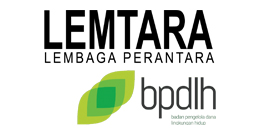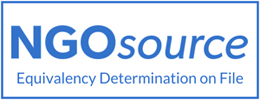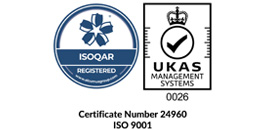Funded by
Simavi
Document
3425001
Budget
EUR 37.997
Period
April 1, 2025 – December 31, 2025
Description
The Water Justice Fund (WJF) 2025 aims to enhance water security and strengthen community resilience to water-related issues caused by climate change in Malaka Regency, East Nusa Tenggara (NTT), Indonesia. This region faces significant challenges due to unpredictable rainfall patterns, prolonged droughts, and limited water infrastructure. These conditions further worsen food security, increase health risks, and burden women who are primarily responsible for household water management.
WJF serves as a funding mechanism that places women as leaders in community-based climate action. The program adopts a participatory grant approach, ensuring that local communities—especially women’s groups—have control over the planning, implementation, and evaluation of projects. The grants will be used to construct or improve water infrastructure, such as wells, distribution pipes, and rainwater harvesting systems. Additionally, they support community-based water resource governance and promote integration with local government policies. Grant recipients must be women-led community organizations with experience in managing community-based activities.
The primary target areas of this project include villages in Io Kufeu and Sasitamean sub-districts, such as Tunabesi, Tunuahu, Bani-Bani, Tunmat, Kufeu, Ikan Tuanbeis, and Naibone. Some villages, such as Ikan Tuanbeis and Naibone, face greater infrastructure challenges, where access to water is extremely limited, and residents must walk long distances to obtain clean water. Therefore, this project will prioritize community-driven solutions in these high-need areas.
In addition to infrastructure interventions, the project will strengthen the capacity of women’s organizations in organizational governance, policy advocacy, and participatory MEAL (Monitoring, Evaluation, Accountability, and Learning) activities. By doing so, the project not only enhances community resilience to water-related climate issues but also empowers women in decision-making processes regarding water and sanitation.
To ensure sustainability, WJF integrates long-term sustainability strategies by involving various stakeholders, including village governments, civil society organizations, and the private sector. This approach will open opportunities for long-term funding and ensure that the infrastructure developed can be managed independently by the community. With this model, the WJF project is expected to create a lasting impact in improving water resilience and strengthening women’s roles in addressing climate change.
Funding
This program is supported Simavi, period program April 1, 2025 – December 31, 2025 with total funding support of EUR 37.997




